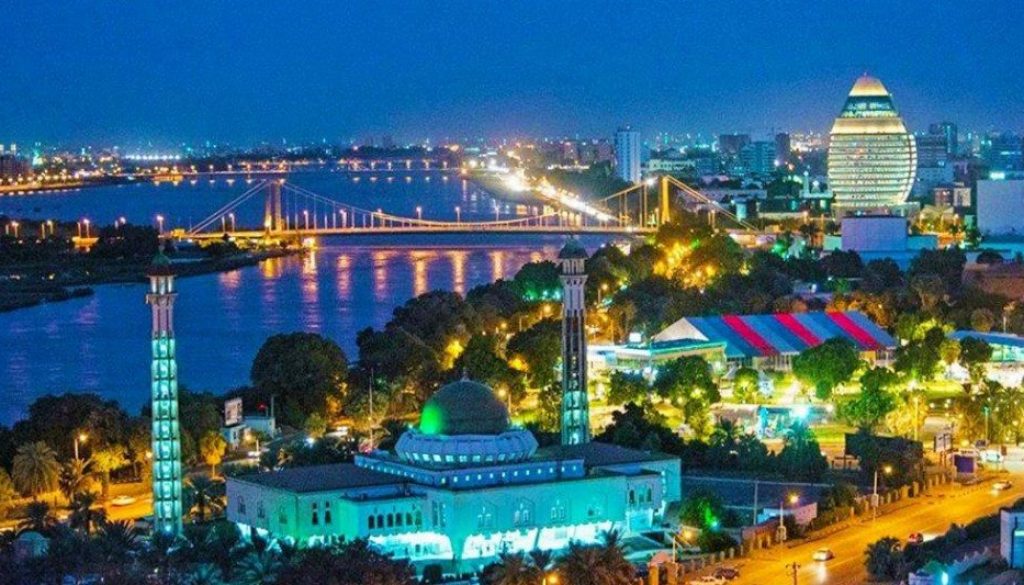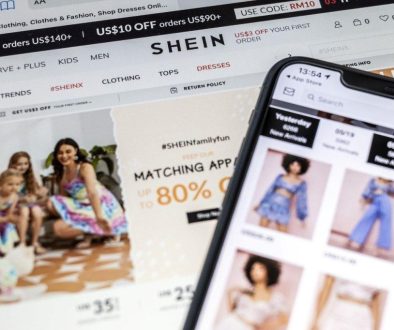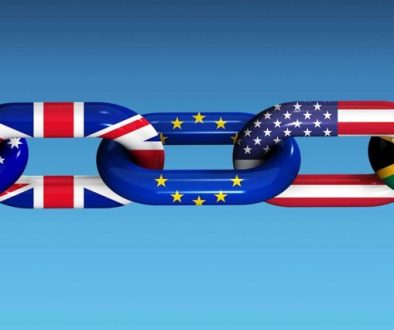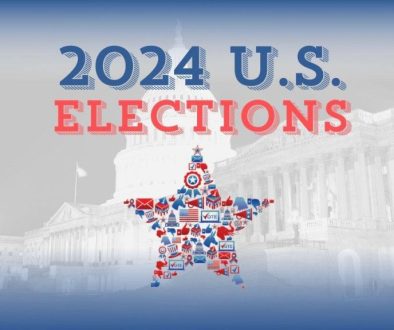During the first week of March 2021, the first official and legitimate transfer of money from Sudan to the United States of America took place ending 24 years of economic sanctions.
In December 2020, the United States announced that it had officially removed Sudan from its list of state sponsors of terrorism after the country was added in 1993. Subsequently, the process to re-establish direct transactions between the two countries started when the U.S. Department of Treasury sent a message encouraging banks to do transactions with Sudan.
H.E. Nureldin Satti, Ambassador of Sudan to the USA received the test wire transfer from Qatar National Bank in Khartoum to his personal account at Wells Fargo in the United States.
H.E. Satti commented “One of the banks was Qatar National Bank which responded favorably to this request and got in touch with Well Fargo which also accepted the request and the offer”
H.E. Satti added in an interview with Voice of America “A trial money transfer will also be carried out from a US bank to Sudan, and should it succeed, Sudanese Nationals in the US would be able to transfer money to their country”
A Brief History: From Sanctions Imposition to Lifting
In 1993, and during his first year as President of the United States, Bill Clinton, placed Sudan on the list of State Sponsors of Terrorism for harboring international terrorists.
In 1997, through an executive order, President Bill Clinton banned all U.S. investment in Sudan and most bilateral trade citing Sudan’s continued support to international terrorism, its poor human rights record including lack of religious freedom, and its efforts to destabilize the region.
However, by the end of the second Obama administration term, it began the process of lifting economic sanctions on Sudan citing Sudan’s cooperation with the United States on counterterrorism and its efforts to improve its human rights record. The U.S. officially rescinded Sudan’s designation as a State Sponsor of Terrorism in December 2020 following the political change the country witnessed and the transitional government’s agreement to compensate terror victims.
Economic Reforms Required
Many local and international economic experts argue that direct bank transactions to Sudan remain problematic because of “distortions” in the Sudanese economy and the multiple and widely varying exchange rates of the Sudanese pound to the U.S. dollar.
The huge gap between Sudan’s official exchange rate, which was 55 pounds to the dollar, and the black-market exchange rate, which stood at nearly 400 pounds to the dollar was at heart of this distortion.
Accordingly, Sudan’s Central Bank has sharply devalued its currency, the Sudanese pound, in an attempt to get debt relief, crack down on the black market, and attract money back to the country. The bank unified the price of the currency with the black market at 370 pounds for one U.S. dollar.
This action was implemented as part of broader economic reforms that Sudan’s transitional government made under a plan endorsed by the International Monetary Fund in October 2020.
Sudanese officials look forward to the fact that the unification of its multiple exchange rates will boost direct trade and investment in Sudan and enable transactions between Sudan-based banks and the outside world through official channels.



